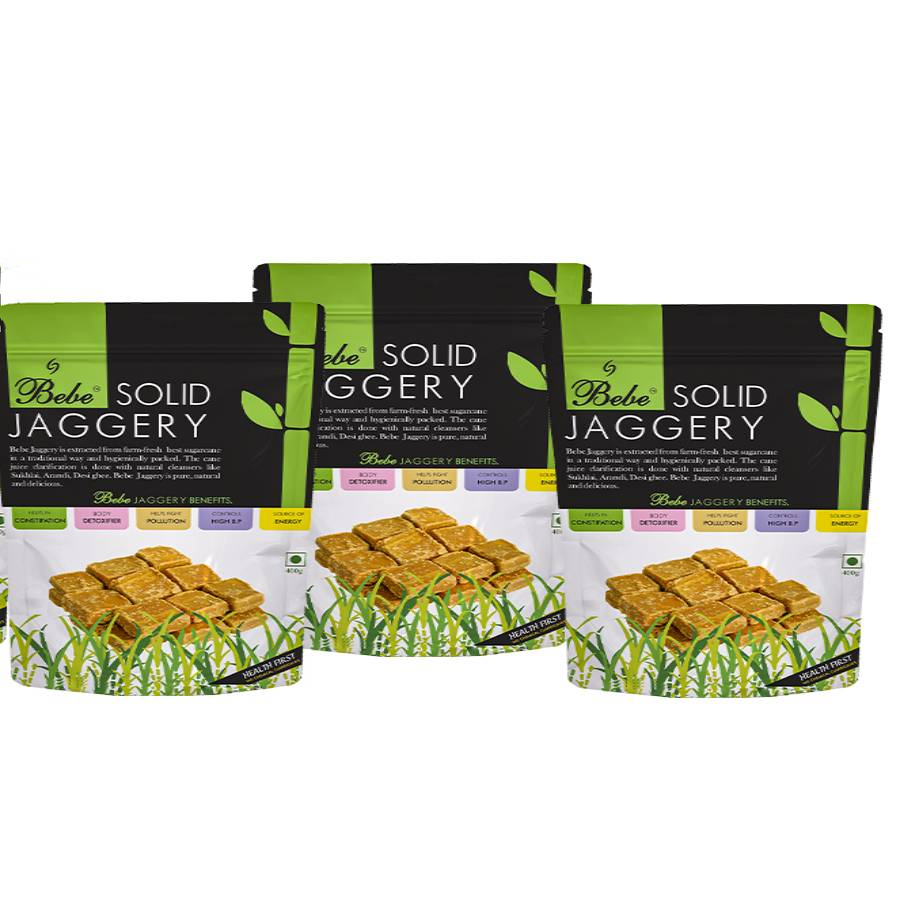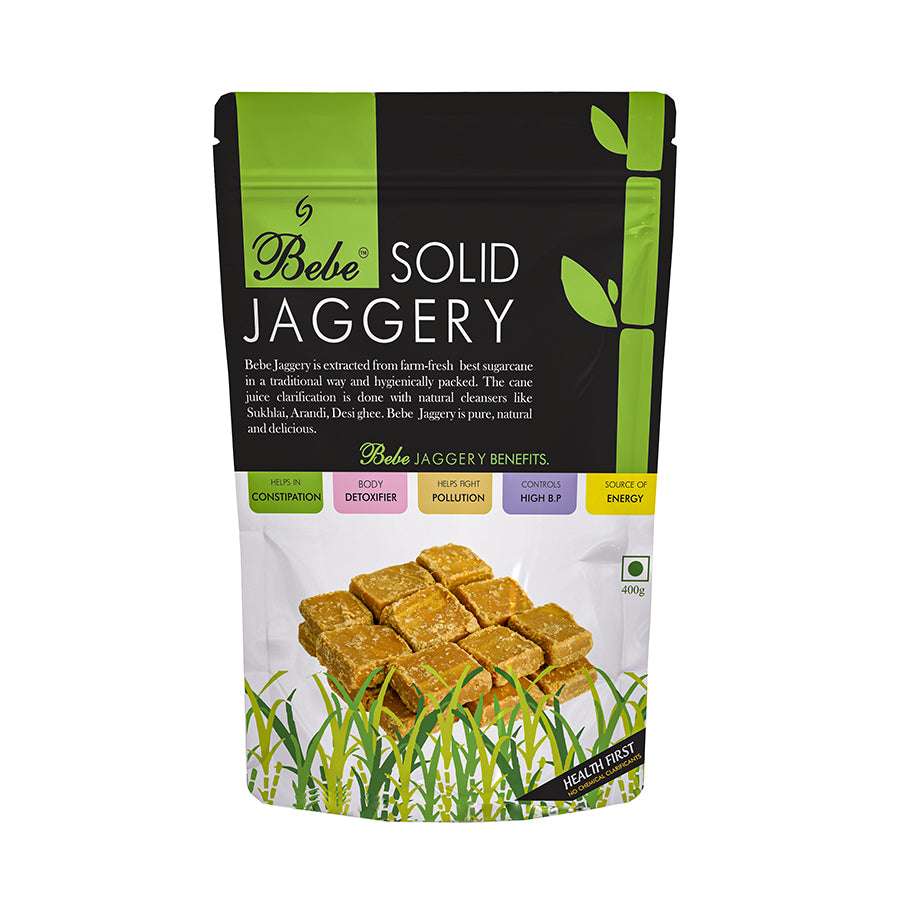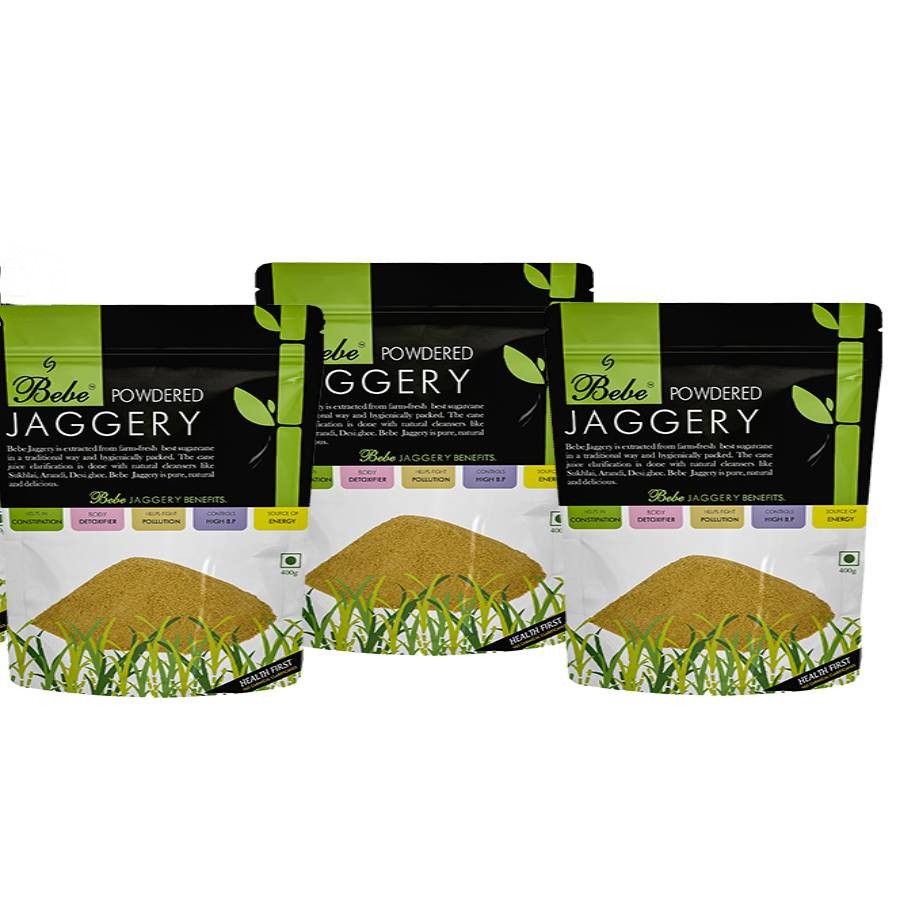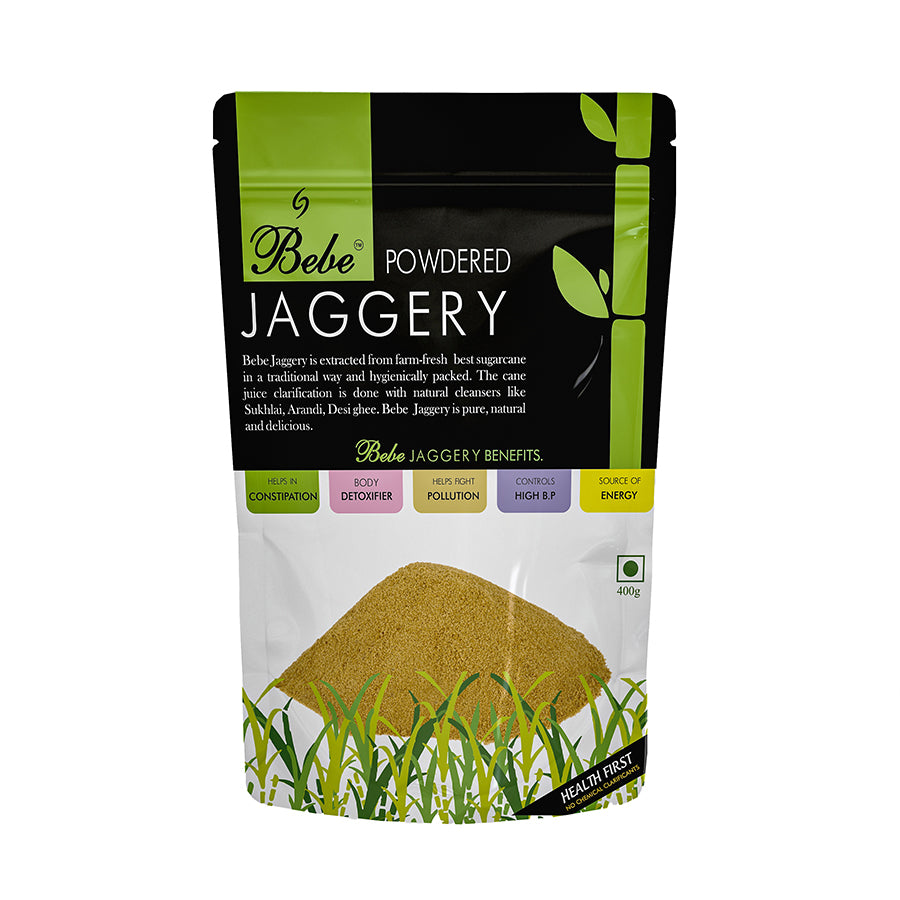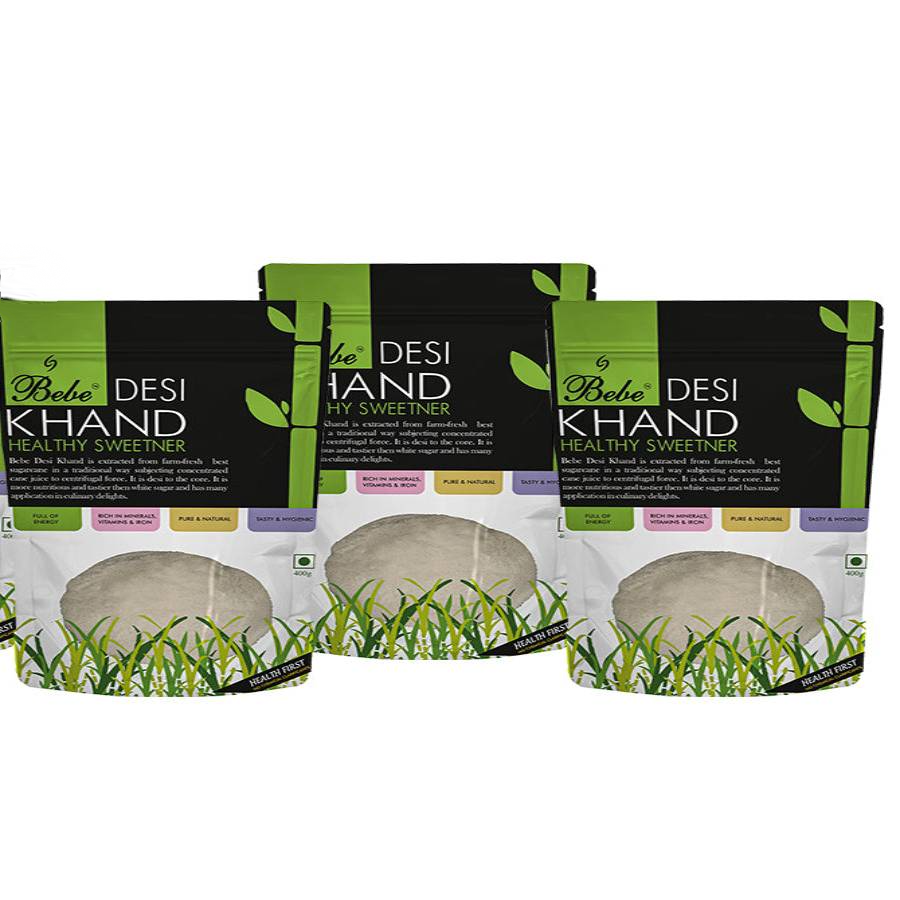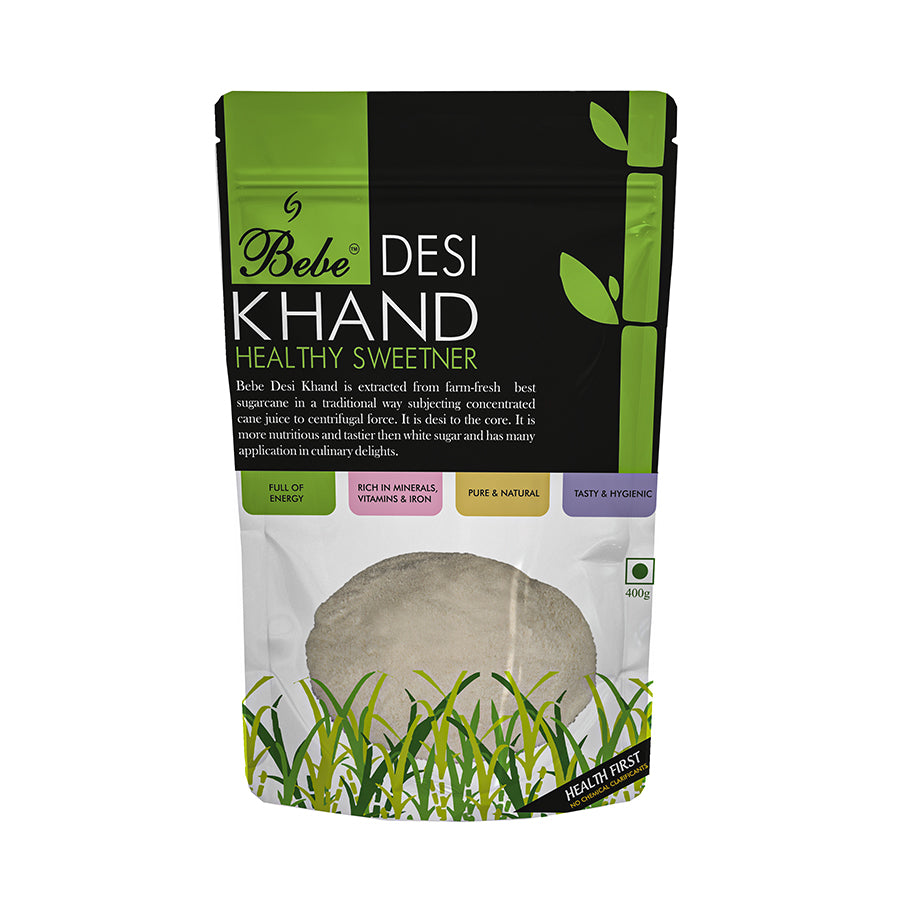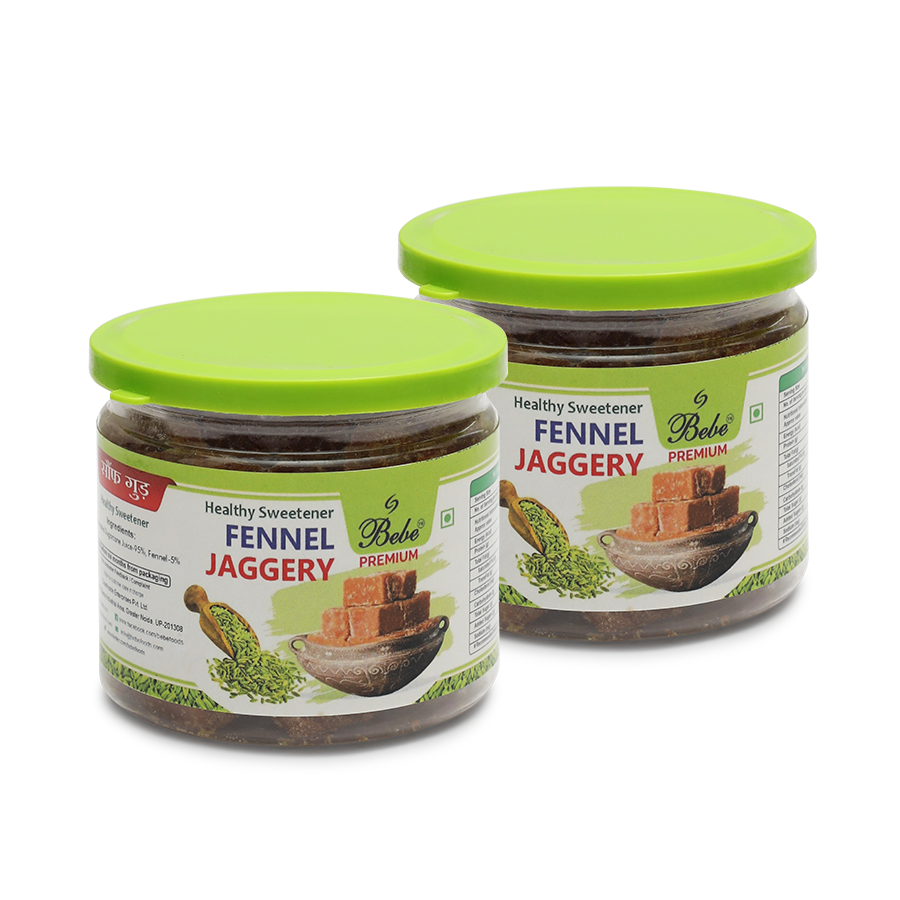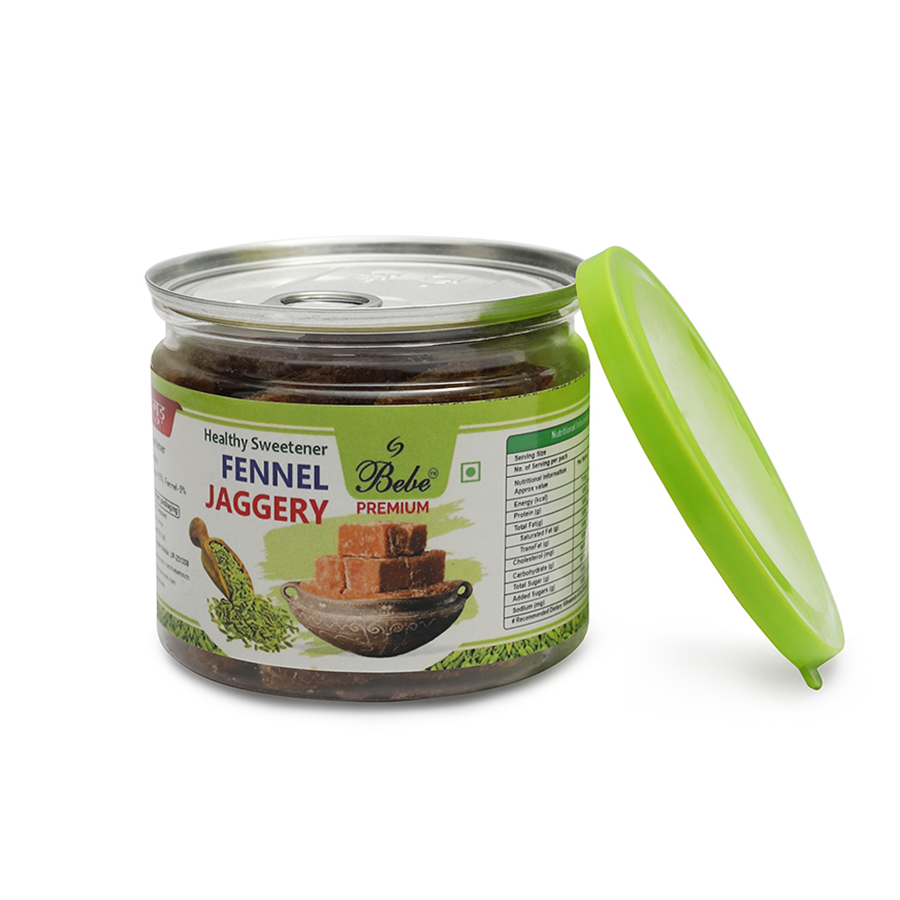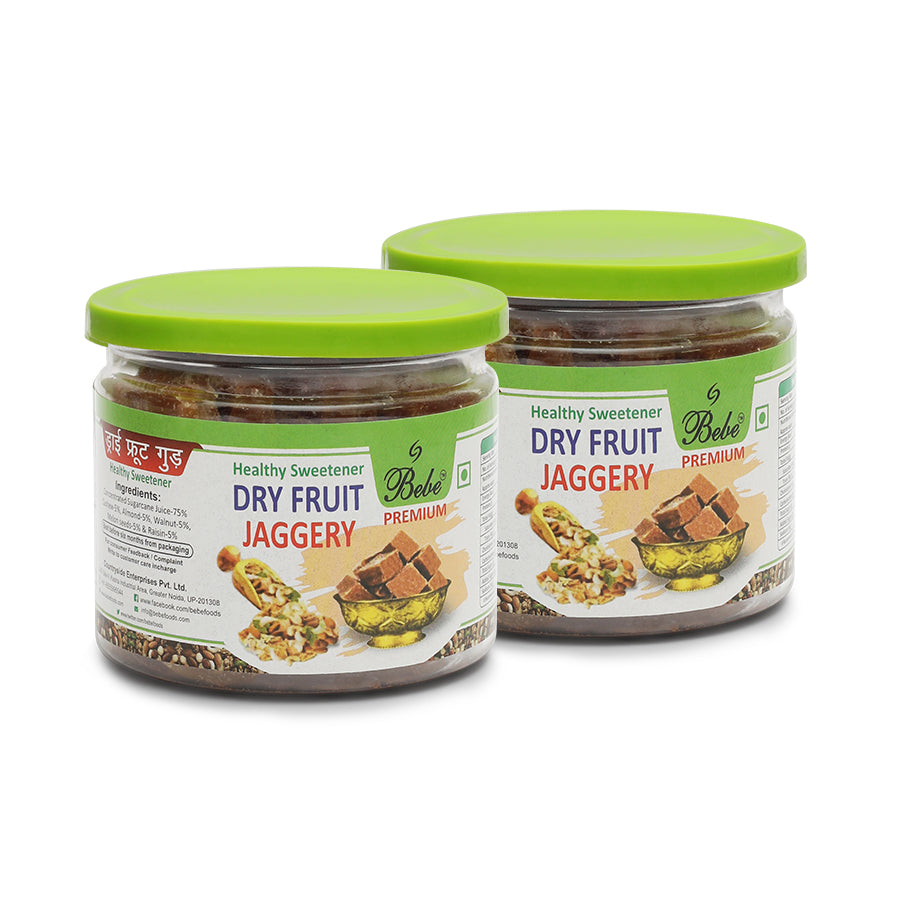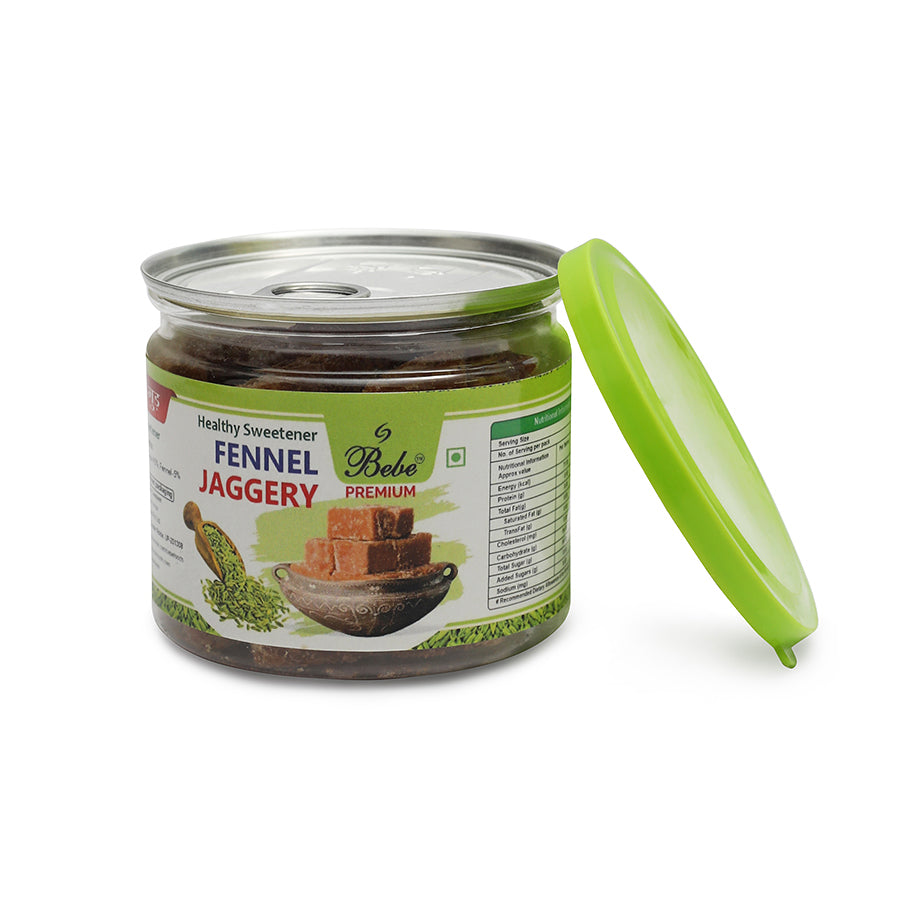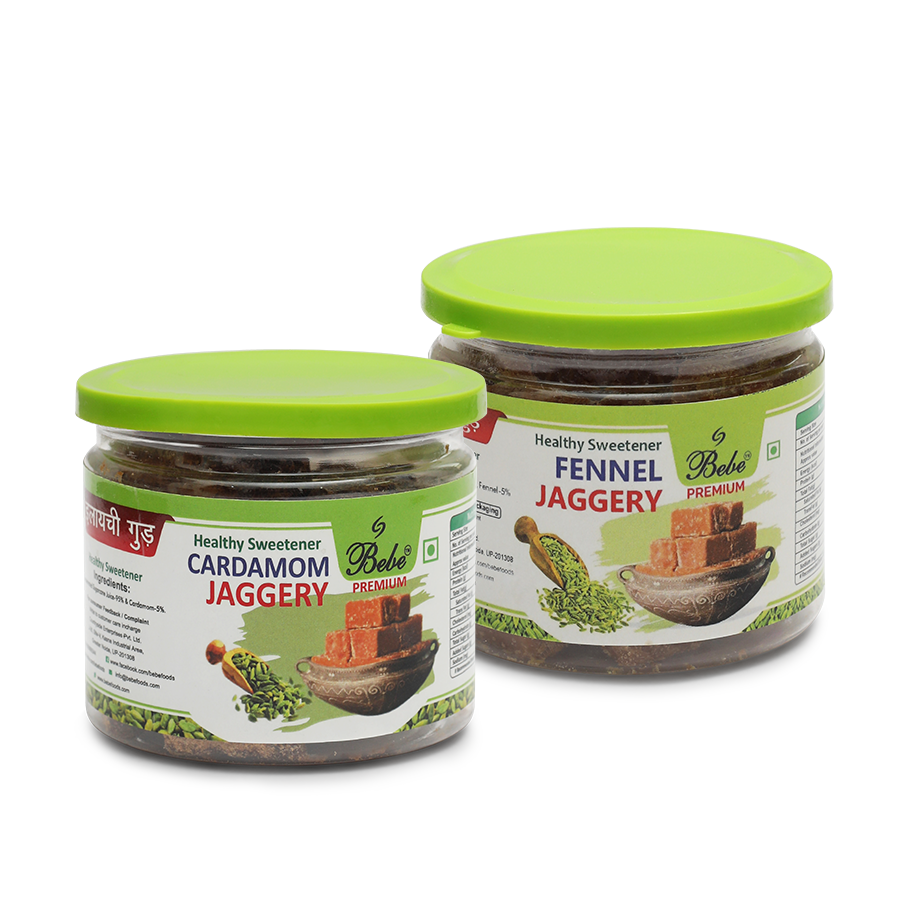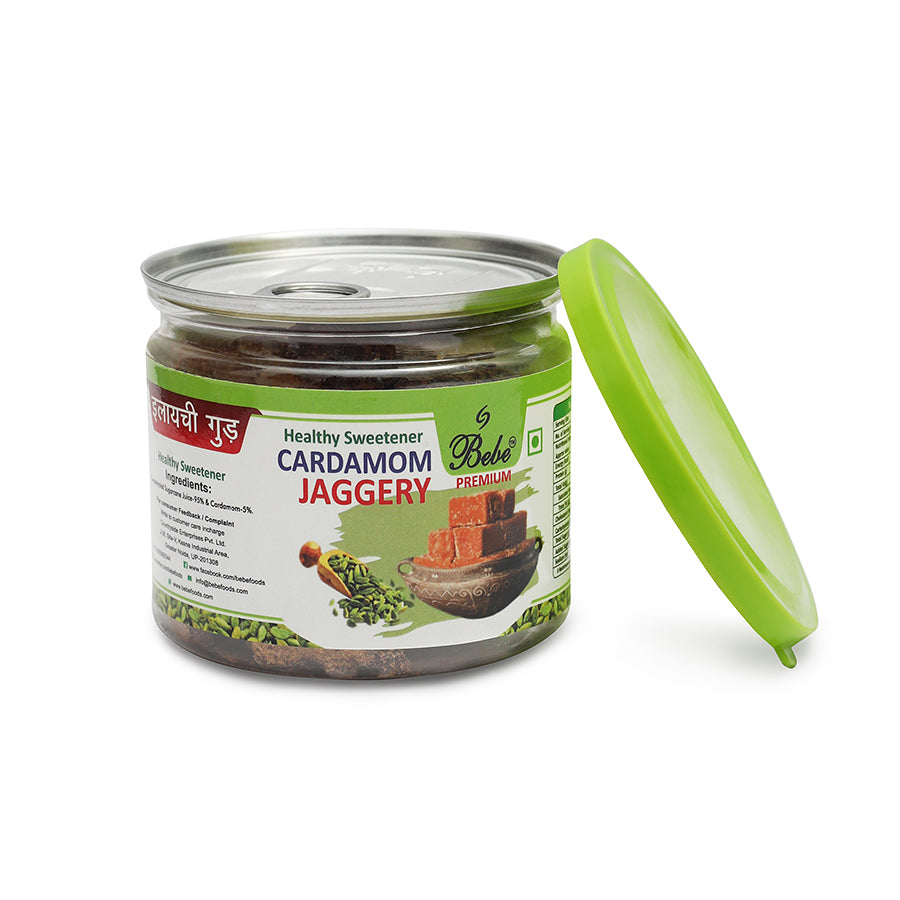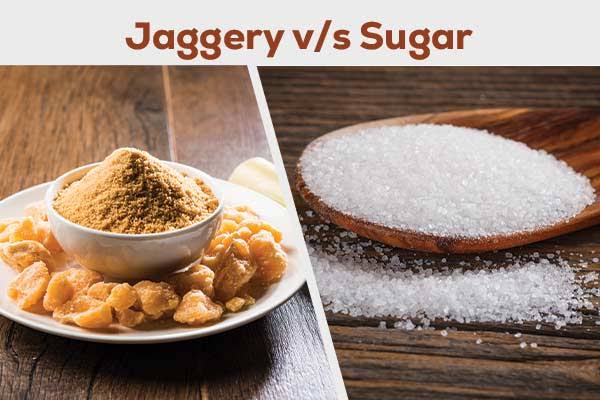
Jaggery vs Sugar: Which is Better

Introduction
In the world of sweeteners, two natural options stand out: jaggery and sugar. Both have been used for centuries to add sweetness to various culinary delights, but they come from different sources and offer distinct nutritional profiles. In this article, we will delve into the differences between jaggery and sugar, considering factors like production, nutritional content, health benefits, and environmental impact to help you make an informed choice for your sweetening needs.
The Basics: What Are Jaggery and Sugar?
Jaggery
Jaggery, also known as "Gur" in some regions, is an unrefined sweetener made from sugarcane juice or palm sap. The process involves boiling the juice or sap until it solidifies, after which it is molded into blocks or cones. Jaggery retains more of the natural nutrients found in sugarcane compared to sugar.
Sugar
Sugar, commonly referred to as sucrose, is a highly refined sweetener extracted from sugarcane or sugar beets. The refining process involves the removal of impurities and water, leaving behind crystallized sucrose. This results in a highly concentrated source of sweetness.
Production Process
Jaggery Production
Jaggery production is a relatively simple and traditional process. The sugarcane juice or palm sap is extracted, heated, and boiled down to a thick, concentrated syrup. The syrup is then poured into molds to cool and solidify. Since jaggery is minimally processed, it retains more of the natural minerals and vitamins present in the original sugarcane.
Sugar Production
The production of sugar involves several stages of refining. Sugarcane or sugar beet juice is extracted, and impurities are removed through processes like clarification, crystallization, and centrifugation. The final product, granulated sugar, is composed almost entirely of sucrose.
Nutritional Content
Jaggery
Jaggery contains a variety of minerals, such as iron, magnesium, potassium, and calcium, along with small amounts of vitamins like B-complex vitamins and antioxidants. Additionally, it contains fiber, which aids in digestion and helps regulate blood sugar levels.
Sugar
Refined sugar is a simple carbohydrate composed of sucrose. It lacks the minerals, vitamins, and fiber found in jaggery. While it provides a quick source of energy, it offers little else in terms of nutritional value.
Health Benefits and Considerations
Jaggery
- Rich in Minerals: Jaggery is a natural source of essential minerals like iron and calcium, which are crucial for maintaining healthy blood and bones.
- Digestive Health: It aids digestion due to its fiber content, preventing constipation and promoting regular bowel movements.
- Glycemic Index: Jaggery has a lower glycemic index compared to sugar, which means it causes a slower, more steady rise in blood sugar levels.
Sugar
- Quick Energy: Sugar provides a rapid source of energy, making it beneficial for athletes or individuals in need of a quick boost.
- Versatility: Sugar's fine texture and neutral taste make it a versatile sweetener for a wide range of culinary applications.
Considerations
- Caloric Density: Both jaggery and sugar are calorie-dense, and excessive consumption can contribute to weight gain and related health issues.
- Blood Sugar Levels: While jaggery has a lower glycemic index, it should still be consumed in moderation by individuals with diabetes.
- Dental Health: Excessive sugar consumption is linked to dental issues like cavities. This applies to both jaggery and refined sugar.
Environmental Impact
Jaggery
Jaggery production typically involves fewer chemical inputs and less intensive processing compared to sugar. Additionally, jaggery can be produced on a smaller scale, making it potentially more sustainable for local economies.
Sugar
Large-scale sugar production often involves monoculture farming, which can lead to soil degradation and biodiversity loss. Additionally, the refining process can generate environmental pollutants if not managed properly.
Culinary Applications
Jaggery
Jaggery's distinct, caramel-like flavor adds a unique dimension to dishes. It is commonly used in traditional recipes across various cuisines. In Indian cuisine, it is a key ingredient in sweets like laddoos and halwas, as well as savory dishes like chutneys and curries. In some cultures, it's used to sweeten beverages like tea and coffee.
Sugar
Sugar's neutral taste makes it a versatile sweetener in both sweet and savory dishes. From baking cakes and cookies to sweetening beverages and sauces, sugar is a fundamental ingredient in a wide array of culinary creations. Its ability to caramelize also plays a pivotal role in achieving the desired texture and flavor in many dishes.
Special Considerations for Specific Diets
Jaggery
Jaggery is often favored by individuals seeking natural, unprocessed sweeteners. It is commonly used in vegan and vegetarian diets, as it is plant-based and does not involve animal products in its production process.
Sugar
While sugar itself is plant-based, some refining processes may use bone char for filtration. For strict vegans, this could be a consideration when choosing sugar brands. However, many sugar producers now use alternative filtration methods.
Sustainability and Ethical Considerations
Jaggery
Jaggery production, especially on a small scale or through traditional methods, can support local economies and promote sustainable agriculture practices. Additionally, the cultivation of sugarcane for jaggery can be integrated into agroforestry systems, enhancing biodiversity and soil health.
Sugar
Large-scale sugar production, especially in monoculture farming systems, has been associated with environmental concerns like deforestation, soil degradation, and water pollution. Ethical concerns may also arise in regions where labor practices in the sugar industry are not regulated.
The Role of Moderation
Regardless of whether you choose jaggery or sugar, it's crucial to remember that both are calorie-dense sweeteners. Overconsumption of either can contribute to health issues such as obesity, diabetes, and dental problems. To maintain a balanced diet, it's advisable to limit your intake of added sugars, regardless of their source.
Conclusion: Making the Sweet Choice
Both jaggery and sugar have their merits and can be part of a balanced diet when consumed in moderation. Jaggery's natural, nutrient-rich profile and lower environmental impact make it an appealing choice for many. However, sugar's versatility and quick energy release are advantages in certain situations.
Ultimately, the choice between jaggery and sugar depends on individual preferences, dietary needs, and ethical considerations. Experimenting with both can help you discover which sweetener aligns best with your lifestyle and values. Remember, moderation is key, and prioritizing whole, unprocessed foods whenever possible is a cornerstone of a healthy diet.



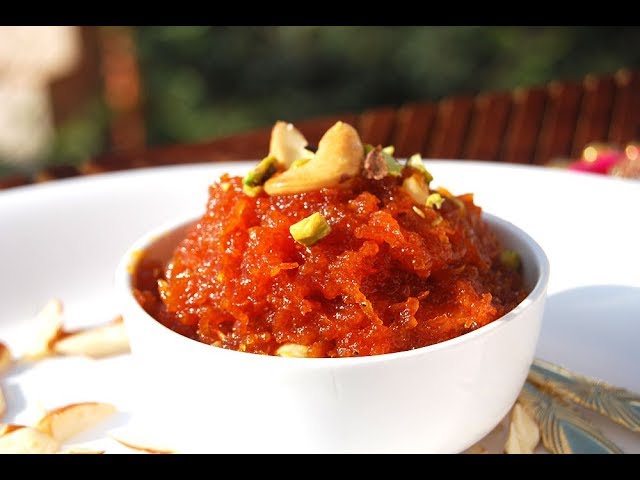

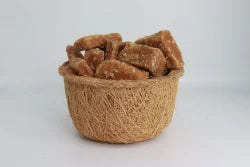
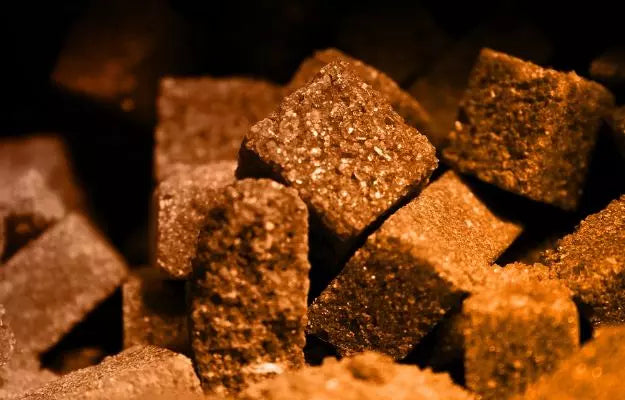
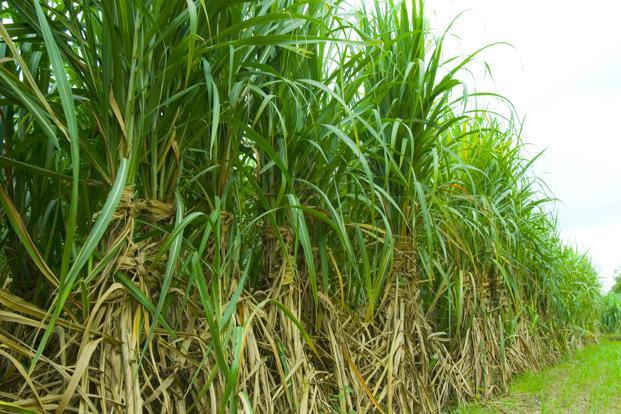
![Bebe Jaggery Sachets 600g, [150g x 4 packs]](http://bebefoods.com/cdn/shop/files/1.jpg?v=1717235899)
![Bebe Jaggery Sachets 600g, [150g x 4 packs]](http://bebefoods.com/cdn/shop/files/2.jpg?v=1717235899)
![Bebe khand Sachets 600g [150g x 4 packs]](http://bebefoods.com/cdn/shop/files/2_65987286-ab77-44db-9cae-69ac50e920a4.png?v=1750527284)
![Bebe khand Sachets 600g [150g x 4 packs]](http://bebefoods.com/cdn/shop/files/4_295f1632-1a69-4fcb-aa69-1172c2928b52.png?v=1750527252)
